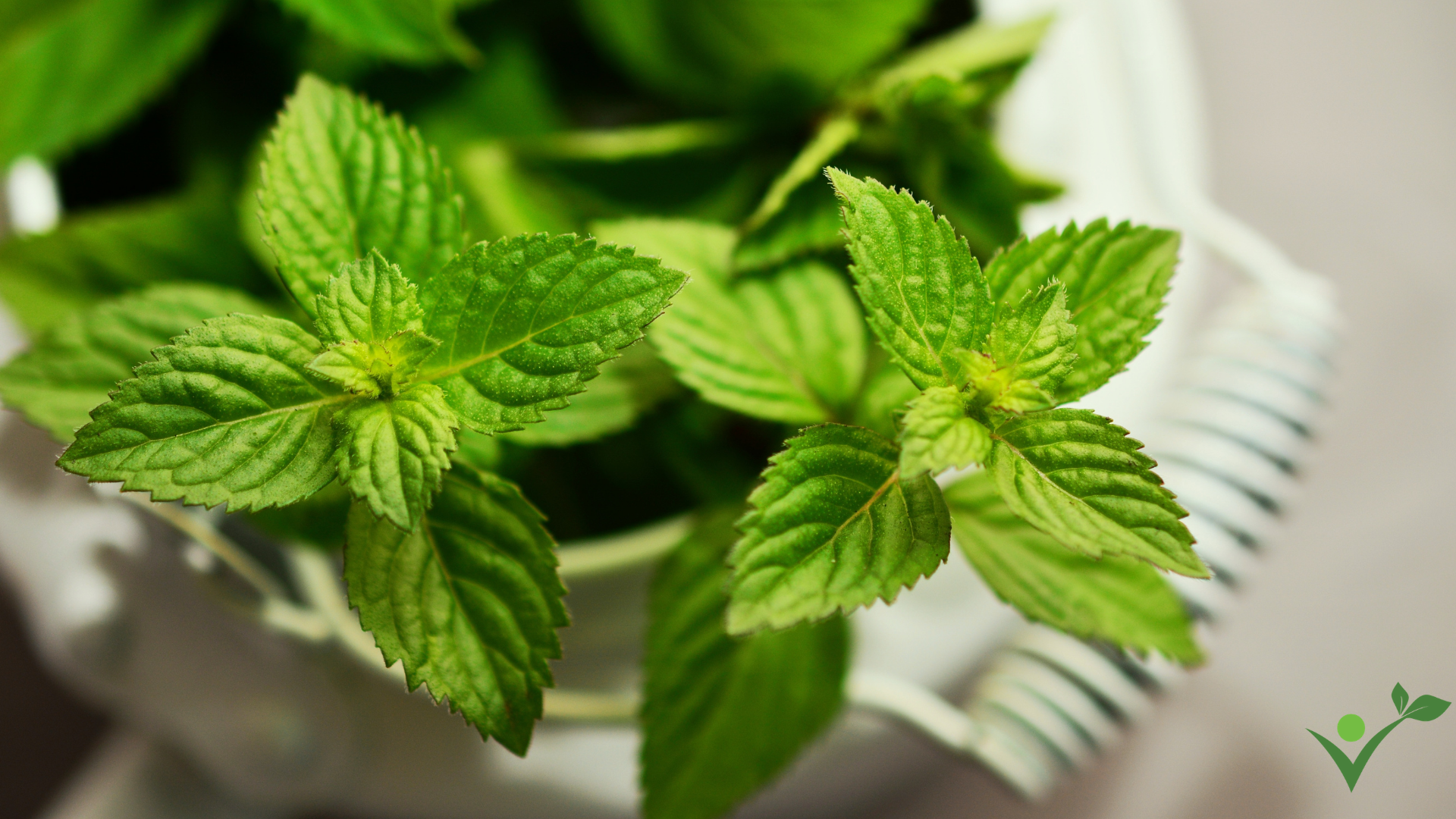Carvone is one of the natural properties of essential oils, such as caraway seeds, peppermint, and dill.
Cristina Tesare
Carvone has two specular forms; the first is R – (-) – carvone or L-carvone, which has a sweet mint smell, while the second S – (+) – carvone or D-carvone, has a spicy aroma with rye notes such as caraway seeds.
Both compounds, used in the food industry and hygiene products, the speculum that has a mint smell, used in many essential oils that implemented for aromatherapy and alternative medicine, on the other hand, the specular spicy aroma has a suppressive effect against the increase of weight.
Carvone applied for decades in the food industry, for example, peppermint gum and natural peppermint oil from Mentha Spicata.
Main functions as caraway seed specular; implemented to treat problems related to the digestive system; treating coughs, bronchitis, and sore throats. This presentation is also an alternative to make infusions.
However, the spearmint helps to improve: memory, digestion, stomach problems, and other conditions, as it helps treat cognitive abilities (memory) in older adults, reduces nausea and vomiting after surgery, prevents colds, cramps, diarrhea, indigestion, muscle pain and much more.
Used in aromatherapy has purposes that decrease inflammation and modify the levels of chemicals called hormones, such as testosterone. It also encourages the senses and activates a feeling of energy in the body.
Carvone has pharmacological effects, such as antioxidant, contraceptive, insecticidal, and anti-cancer. It can use as prevention for different cardiovascular diseases since it can be a part of our daily diet.
Among its health properties is:
- Antispasmodic.
- Digestive.
- Carminative, increasing gastric activity.
- Diuretic.
- Liver detoxifier.
- Lactation stimulant.
- Colic relief in babies.
- Antifungal, and others.

